Payroll Supplier Compliance – Client Risk Brief (April 2026 Changes)
From April 2026, significant changes to payroll compliance rules will come into force in the UK. These changes shift greater responsibility for PAYE, tax, and National Insurance compliance away from payroll intermediaries and directly onto recruitment agencies and, in some cases, end clients. For the construction sector, where contingent labour and umbrella companies are common, the risks for clients are substantial.
The Stakes for Your Business
Key Changes Effective April 2026:
- Agencies and, in some cases, end clients will be held responsible for ensuring PAYE and NIC compliance – not just the payroll supplier.
- New statutory definitions and regulations for umbrella companies under the Employment Rights Bill.
- Expanded enforcement powers for HMRC, the Employment Agency Standards Inspectorate, and the new Fair Work Agency.
- Greater transparency requirements for payslips, deductions, and holiday pay calculations.
Why Clients Must Pay Attention
Even when payroll is outsourced to an umbrella company or other supplier, liability can extend to you if:
- The payroll provider operates non-compliantly, leading to underpaid tax or NICs.
- You have not conducted due diligence on the payroll provider’s compliance standards.
- Workers are misclassified, leading to incorrect PAYE handling and HMRC penalties.
- You indirectly benefit from reduced costs due to unlawful payroll practices.
Risks of Non-Compliance
|
Risk |
Impact |
|
Financial |
Fines, backdated tax/NIC liabilities, interest charges, and potential loss of contracts. |
|
Operational |
Workforce disruption if non-compliant payroll providers are removed mid-project. |
|
Reputation |
Negative publicity and loss of trust from contractors, supply chain, and public sector clients. |
|
Legal |
Liability for tax evasion facilitation under the Criminal Finances Act; potential director disqualification. |
How to Protect Your Business
✅ Conduct rigorous due diligence on all payroll providers, including financial health checks.
✅ Include payroll compliance warranties and indemnities in supplier contracts.
✅ Request and review evidence of PAYE, NIC, and holiday pay compliance.
✅ Schedule regular audits of payroll records and payslips.
✅ Avoid suppliers using high-risk payment models or disguised remuneration schemes.
Bottom Line
From April 2026, end clients can no longer rely on payroll suppliers to carry the compliance burden. In the construction sector, this means implementing robust due diligence, auditing, and contractual safeguards to prevent financial penalties, project disruption, and reputational damage. Compliance with payroll legislation will be a key factor in protecting both your workforce and your business.

